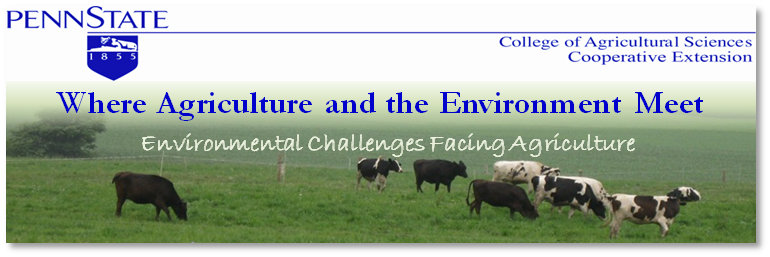
No-till farming is when crops are planted in the spring over the residue of the previous years crops with no tilling of the soil. It has been promoted as a way to reduce sediment loss into streams and rivers, and it has been very successful.
However, reducing sediment loss is not the only positive consequence of no-till crop production. Fields under no-till management tend to lose less carbon to the atmosphere compared with fields that are tilled yearly. No-till farming practices also use less fossil fuels and fertilizer compared with traditional tillage.
These carbon sequestration benefits are gaining the attention of law makers as the cap and trade bill moves through congress. The idea behind the cap and trade bill is that if you do something (i.e. no-till farming) that reduces carbon in the atmosphere you earn an offset that can be sold to someone else that either can't, or won't, reduce their own carbon emissions. No-till farming is not the only solution to reduce carbon emissions, but it is one that can benefit both farmers and the environment.
The following is a link to a radio segment that addressed no-till farming.
http://www.npr.org/templates/story/story.php?storyId=112496096

No comments:
Post a Comment